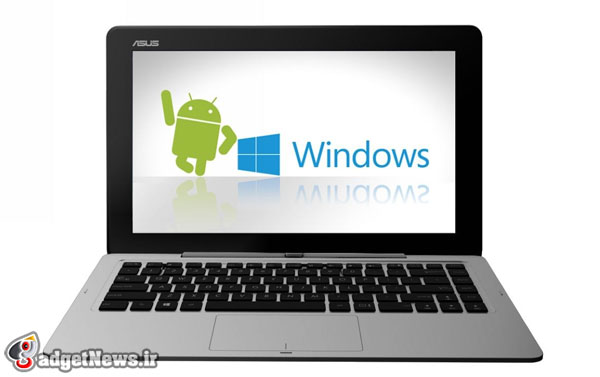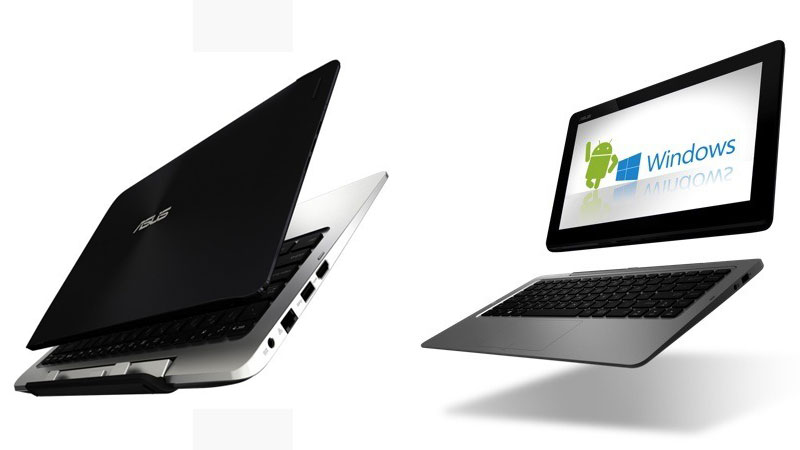
تصور کنید که گوشی خوبی داشته باشید که بتوانید به دلخواه اندروید یا iOS را با آن بالا بیاورید. بدبختانه چنین گجتی هنوز ساخته نشده است.مایکروسافت و گوگل، مشکلی با برای همزیستی در دنیای گوشیهای موبایل نداشتند و اجازه داده بودند که گوشیهای هوشمندی ساخته شوند که بتوانند با ویندوز فون و اندروید بوت شوند و اصطلاحا بوت دوگانه داشته باشند.اما ظاهرا اين داستان در مورد پي سي ها فرق می کند.
به گزارش وال استريت ژورنال ، ظاهرا این دو شرکت بزرگ اصلا دوست ندارند که در دنیای پیسیها هم چنین همزیستیای وجود داشته باشد، به همین خاطر شرکت تایوانی Asus از سوی گوگل و مایکروسافت تحت فشار قرار گرفته است تا فروش لپتاپ/تبلت Transformer Book Duet TD300 را به تأخیر بیندازند.

با این گجت میشود، به سادگی و با فشردن یک دکمه، از یک سیستم عامل به دیگری رفت.اما قوانین جدید مایکروسافت، دیگر از چنین محصولاتی با بوت دوگانه پشتیبانی نمیکنند.اما این فقط Asus نیست که متضرر خواهد شد، شرکت اینتل هم که پیش از این ساختن ابزارهای با بوت دوگانه با اندروید و ویندوز، خبر داده بود نیز زیان خواهد دید.
منبع : gizmodo
WSJ: Microsoft and Google Are Crushing the Dual-OS Dream
A report by the Wall Street Journal claims that Intel's grand plans to stuff Android and Windows into the same tablet have hit a brick wall: neither Google nor Microsoft want hardware to sport the competitor's OS alongside their own.
The Journal reports that the Asus Transformer Book Duet—a hybrid laptop-cum-tablet capable of switching between Windows and Android on the hoof—has been cancelled because of strong opposition from both Microsoft and Google. It was known as early as January that Microsoft was uncomfortable with the idea of hardware running both Windows and Android, but sources now tell the Journal that "Google wants all-Android devices" too.
A leaked memo from Asus, seen by the newspaper, explains that the Duet is being scrapped and two dual-OS all-in-one PCs that it launched last year being pulled from sale. The memo goes on to explain that a major reason for halting the sales is a "new policy" at Microsoft of not supporting dual-OS products.
Given the current craze for all things dual-booting, the news will probably comes as a major blow to some hardware manufacturers who were pinning their colors to this particular mast. For the rest of us, it's arguably not quite as a big a deal—it's unclear, after all, just how much benefit there is in a dual-booting tablet anyway.
It will, however, be interesting to see how the year of populist dual boots now plays out—given the two big OS developers are standing squarely against it.
 گجت نیوز آخرین اخبار تکنولوژی، علم و خودرو
گجت نیوز آخرین اخبار تکنولوژی، علم و خودرو 




